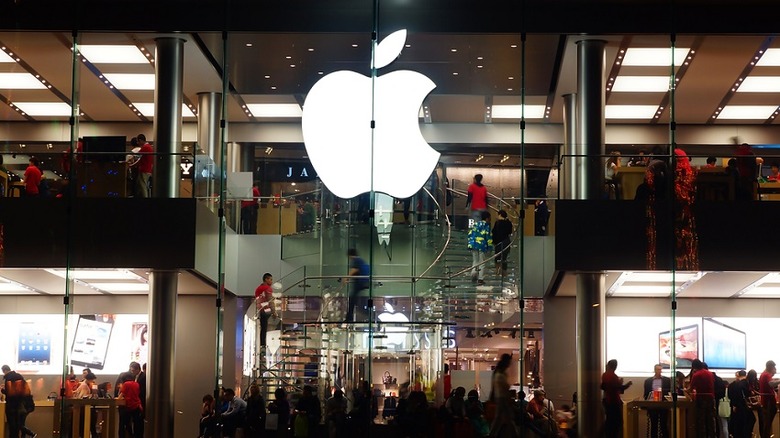The iPhone 8 Could Be Delayed By Apple's Battle With Qualcomm
Apple is currently engaged with an unusually harsh battle with Qualcomm, one of the key companies that designs internal components for the iPhone. Basttles between Apple and its suppliers normally don't last long: iPhone contracts are often the lifeblood of small suppliers, and losing Apple's business will put most companies out of business.
But Qualcomm, the manufacturer of the processor inside every Android phone worth talking about, is one of the few companies that can stand up to Apple. The two companies are currently engaged in a fight over patent licensing: Qualcomm wants Apple to pay it for its designs used inside the iPhone. Apple says that Qualcomm's demands for licensing the patent are unreasonable, and has instructed its manufacturers (like Foxconn) not to pay royalties to Qualcomm for the time being.
The legal dispute has come to a head today with the news that Qualcomm has sued four of Apple's biggest manufacturing partners over the non-payment of royalties. The move is a serious escalation between two companies that have historically worked together, and whichever way the result goes, it's going to be messy. But if Qualcomm goes all-in, it could spell serious problems for Apple and the iPhone 8.
Currently, Qualcomm is using the U.S. District Court for the Southern District of California to sue Apple's manufacturing partners for breach of contract. But if things don't go well there, Qualcomm has a nuclear option: the US International Trade Commission. Qualcomm could file a case with the Commission to block sales of infringing devices in the US, which would likely stop sales of any current or future iPhone models in the US.
Tim Long of BMO Capital raised the possibility of action in the ITC in a note:
"It remains to be seen whether QCOM will seek injunction against the devices via the US International Trade Commission (ITC). As noted by AAPL management on the prior earnings call, we expect AAPL to argue it is willing to accept Fair, Reasonable, and Non-Discriminatory (FRAND) terms rather than refusing to license altogether, which may help fight an outright ban."
Qualcomm has yet to hint that it would do so, or that it would win such a case. But it's certainly a possibility, and the stakes are high enough that Apple might choose to settle, rather than face even the possibility of a delay on the iPhone 8. Current rumors suggest that a major update is coming in the form of the iPhone 8, set to launch sometime between September 2017 and March 2018. Apple stock is booming ahead of the iPhone 8 launch, which is expected to trigger a "super-cycle" of upgrades.
If the iPhone 8 launch is delayed by an import ban, no matter how temporary, Apple's stock price — which is already based on outsized assumptions about the iPhone 8 launch — could crater.
Apple is stuck in a bad situation here. High margins on the iPhone are the core driver of Apple's insane profits every year, so it fights tooth and nail to avoid anything — like increased royalty payments — that would eat into those margins. But at the same time, the company is at a serious crossroads. A lot is riding on the iPhone 8 launch, especially since there's been no new product since the Apple Watch launch. Forced to choose between lower margins or a delayd iPhone 8 launch, Apple's executives are in a trickier situation than they've faced for the last decade.
